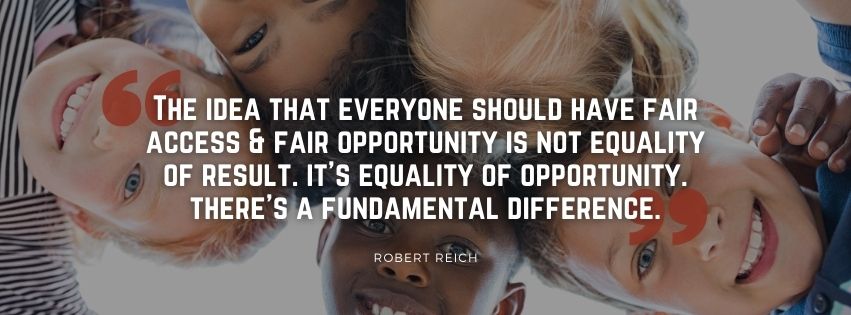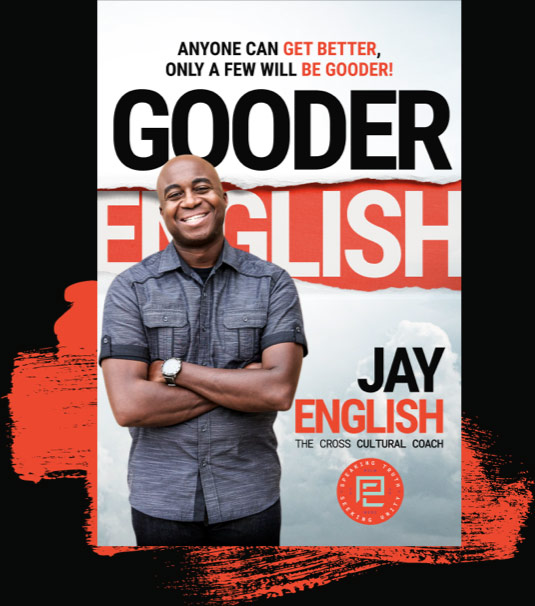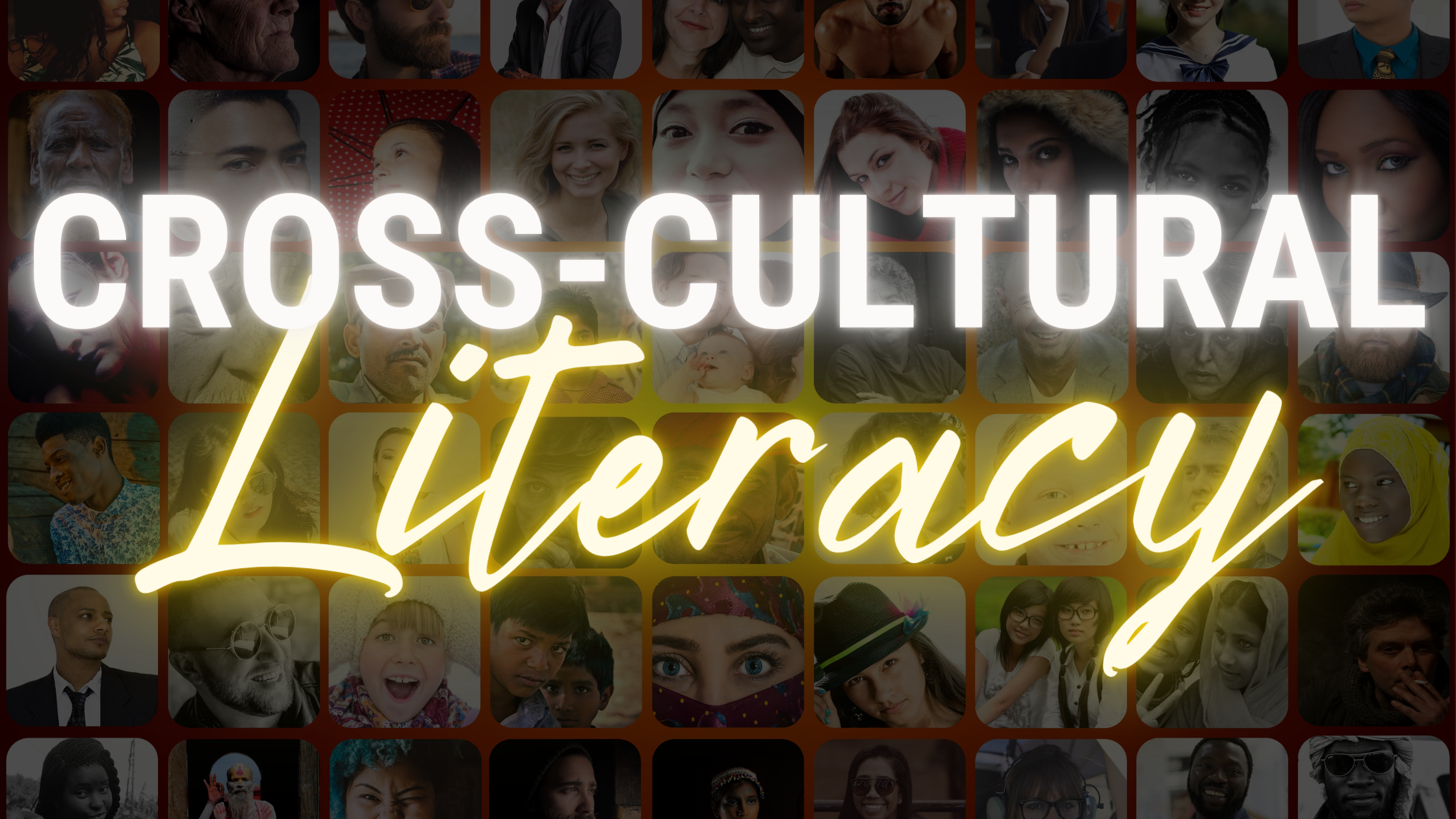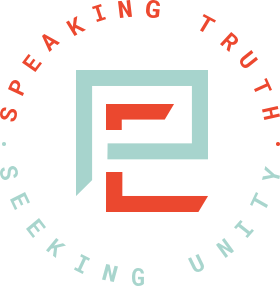I’m sure I’m going to end up in some trouble here, but I want to try to clear up some confusion on a couple of terms that seem to have people a little mixed up. Term #1 is Socialism and term #2 is going to be Social Justice. I need you to understand that these two terms represent two very different things.
So, first, let’s deal with what people today are viewing as Socialism. (Now, the modern view doesn’t even begin to capture the nuances of what it was originally intended to be when it was created, but I have to deal with it in the way that most people are looking at it today.) That would be if we were all out here looking for equal outcomes.
Under this definition, it wouldn’t matter what we do. It wouldn’t matter how much work we put. It wouldn’t matter who all is present or how many hours each individual person worked, every one is going to get the exact same outcome. In my honest opinion, I feel that socialism completely takes away the incentive of doing work, especially hard work. I also believe that this kind of solution would actually penalize people for having a great work ethic. So, please know that I’m not a proponent of Socialism.
 However, on the other side, I’m out here fighting for Social Justice; which is not about equal outcomes, but equal access. This means that I’m out here working to address the issues that continually come up when discussing equity vs equality.
However, on the other side, I’m out here fighting for Social Justice; which is not about equal outcomes, but equal access. This means that I’m out here working to address the issues that continually come up when discussing equity vs equality.
In the world of Social Justice, everyone has access to high-quality education. Everyone has access to higher paying jobs and wages. Everyone has access to opportunities that would help them build generational wealth. Everyone has access to higher quality food because they don’t actually live in a food desert. These are all the kinds of the things that Social Justice is fighting for. A couple of other examples would be things like equal representation under the law and equality of voting, as well.
Social Justice is not about equal outcomes, it is about equal access.
Understand that I’m not out here looking for equal outcomes. I say this because based on the amount of work someone does they should receive more, or less. However, the problem is when you have people on the other side of the tracks that don’t even have access. Because of that lack of access, you begin to see a generational pattern forming in which there are certain groups of people struggling to become successful due to not having certain opportunities being presented to them that could potentially be life changing. In my mind, that’s a very different thing.
So, what we’re fighting for over on my side is for people to have equal access to the things they need to build wealth and provide a higher-quality of life for both themselves and for their families. Now, that may mean that some people may have to work harder based on how their life has gone up to this point. This may mean that some may have to make some very different choices that maybe someone who lives in another zip code wouldn’t even have to think about. They may even have to travel further to take advantage of the opportunities that are being made available. However, they at least still have the access to do so.
I hope that makes sense and helps out in explaining the difference.
PLAIN ENGLISH is not out here fighting for Socialism, you can write that down in permanent ink cause that’s not changing. In my opinion, we honestly can’t just give everybody everything and expect life to get better for everyone. That’s not how this works. However, if people seriously don’t even have access to the things they need, how can we sit on the other side of the road and continue to blame them for the condition they are in?
The reality is that somebody with the power, or the advantage, has to get involved in the fight to make sure that there is equal access for those who do not. Then, once the access has been provided, it becomes the responsibility of each person as an individual to do the things necessary to make the most of the opportunities that are being presented.
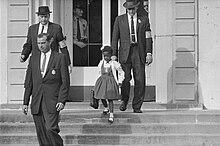 This is why the story of Ruby Bridges is so vital for both children & adults to learn about. The reality is that 6-year-old Ruby wouldn’t normally have had access to the all-white William Frantz Elementary School. Except, 3 months before she was born the ruling on Brown vs The Board of Education declared the process of separating schools for black children and white children unconstitutional. With this ruling, and the fact that Ruby, passed the entrance exam on her own, (that was actually administered with the intention of keeping black children out of white schools) it was obvious that her access to a higher quality education could no longer be denied.
This is why the story of Ruby Bridges is so vital for both children & adults to learn about. The reality is that 6-year-old Ruby wouldn’t normally have had access to the all-white William Frantz Elementary School. Except, 3 months before she was born the ruling on Brown vs The Board of Education declared the process of separating schools for black children and white children unconstitutional. With this ruling, and the fact that Ruby, passed the entrance exam on her own, (that was actually administered with the intention of keeping black children out of white schools) it was obvious that her access to a higher quality education could no longer be denied.
Now, here’s the thing to remember for all of my individualists out there: Even though she had access, she still had to show up every day, she still had to do the work, she still had to pass the classes & do all of the things that every other student would have to do. But, someone had to first fight for her to even be allowed to walk into the school in the first place.
That is my fight. That is why I keep speaking out. I completely understand that every life will not be changed, nor do I expect that to ever be the case. However, what I do expect is for everyone to have access to the life changing resources that should be available to every person who is willing to commit to the work required to receive them.
